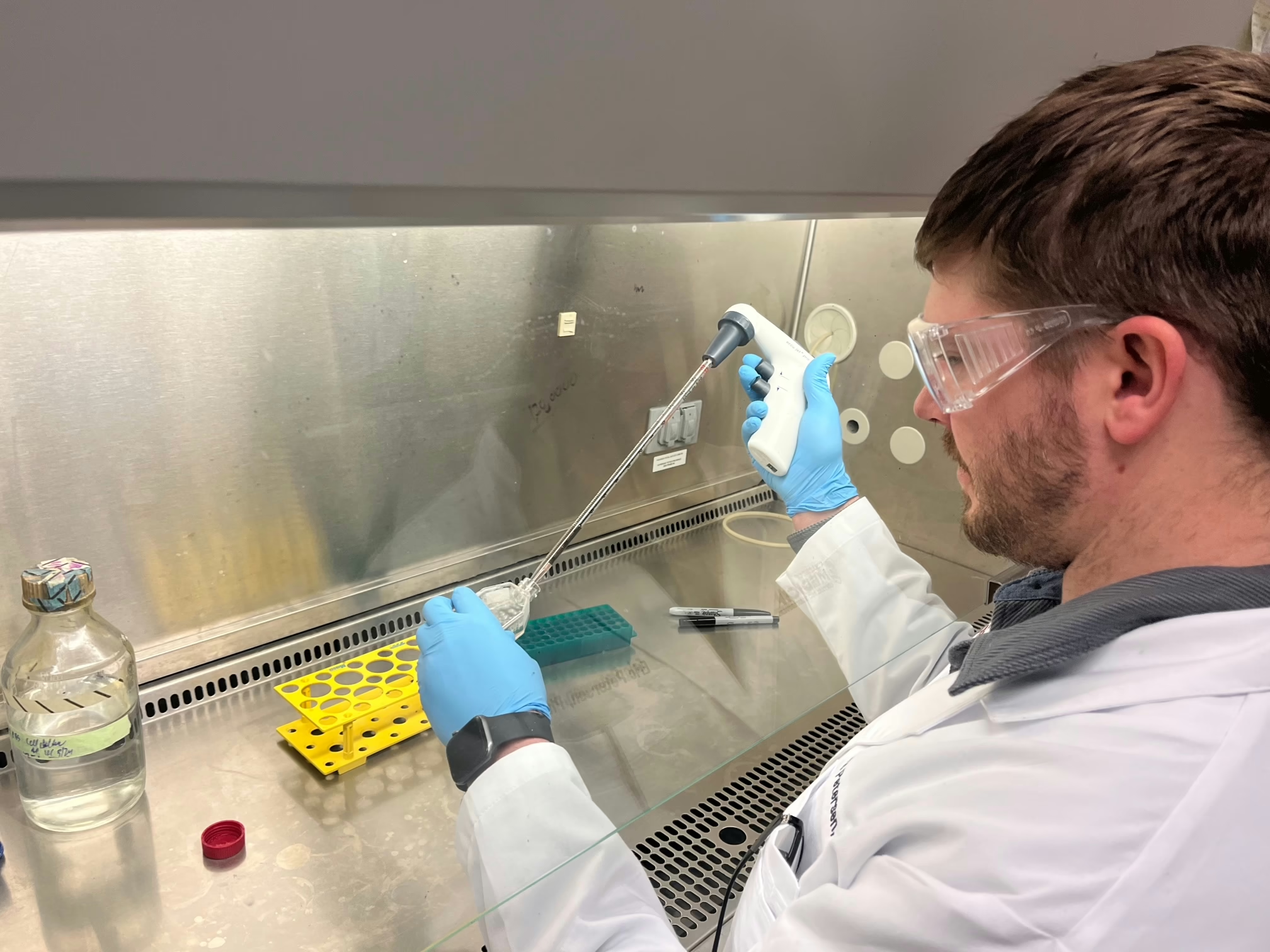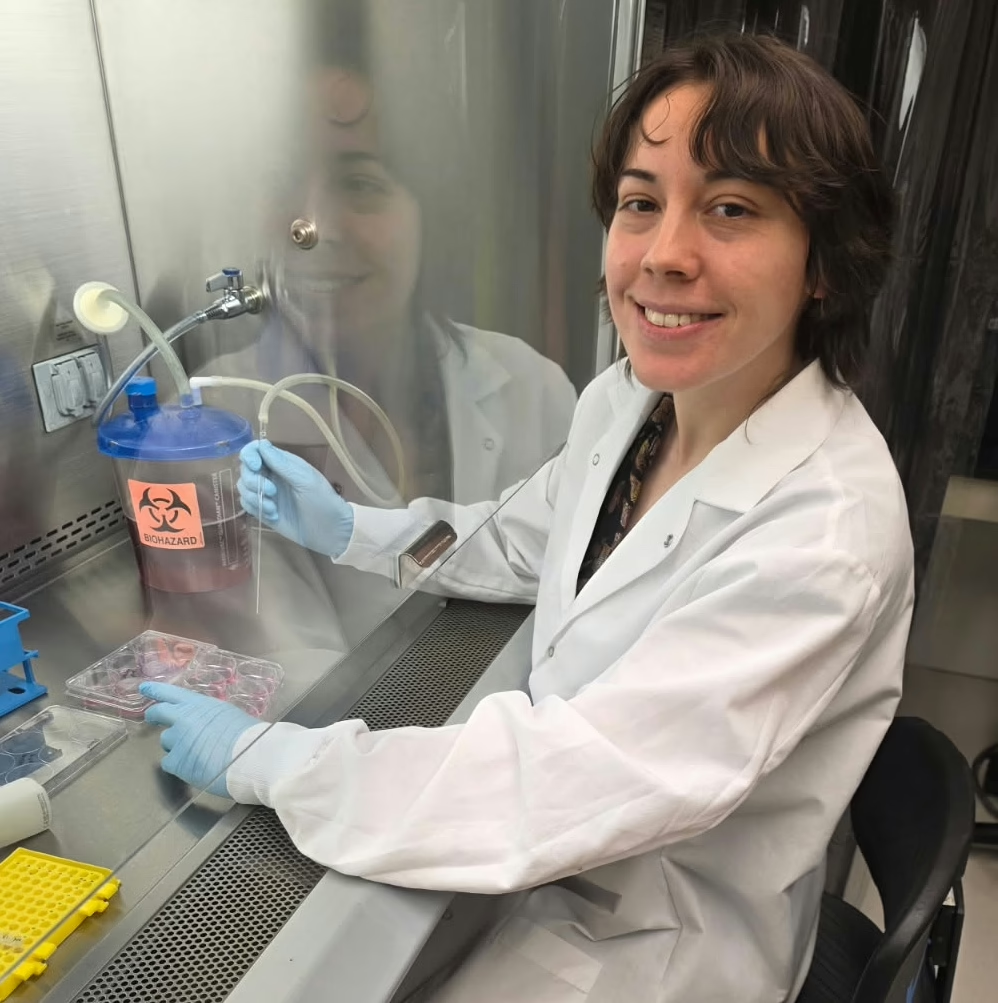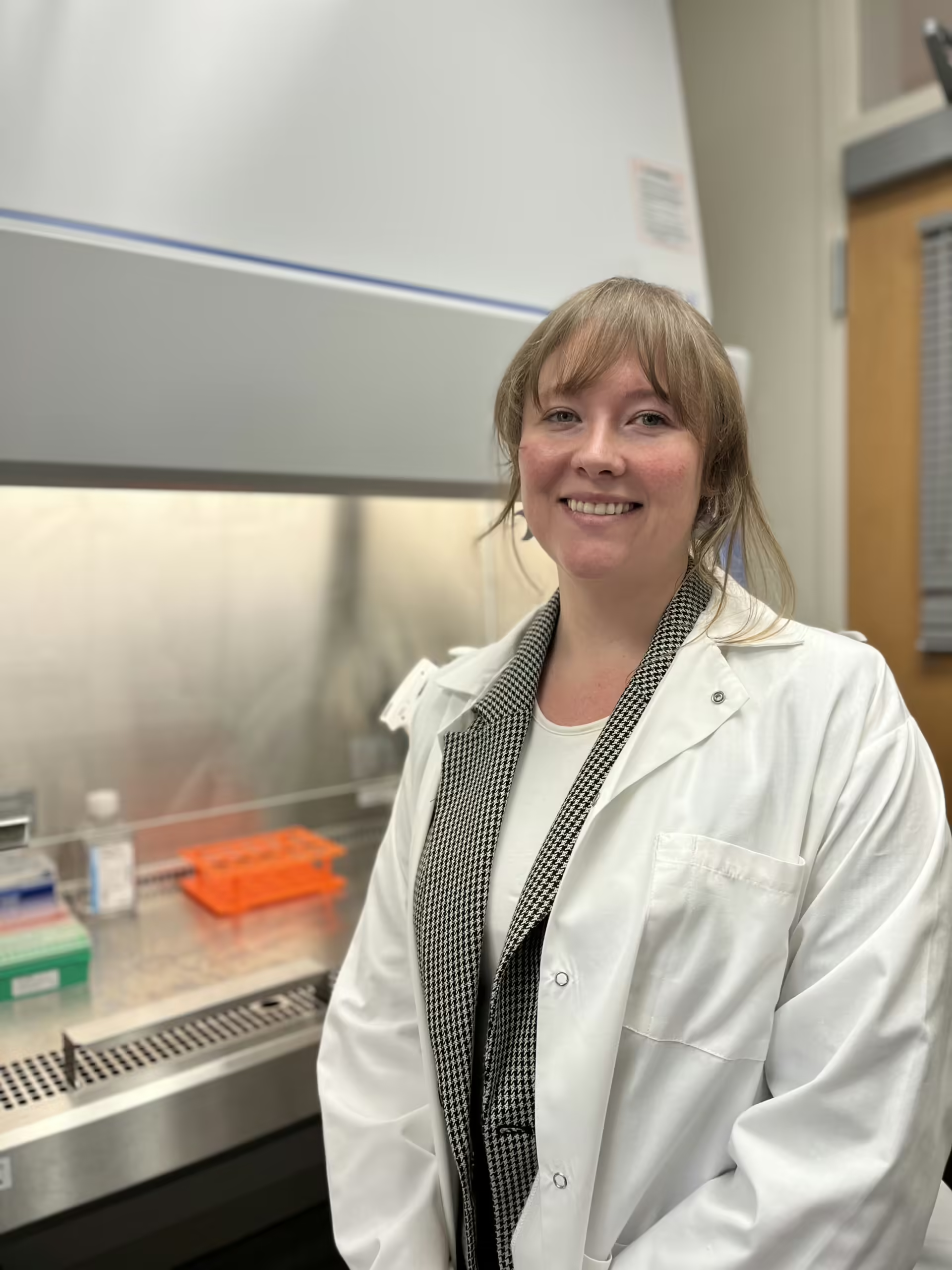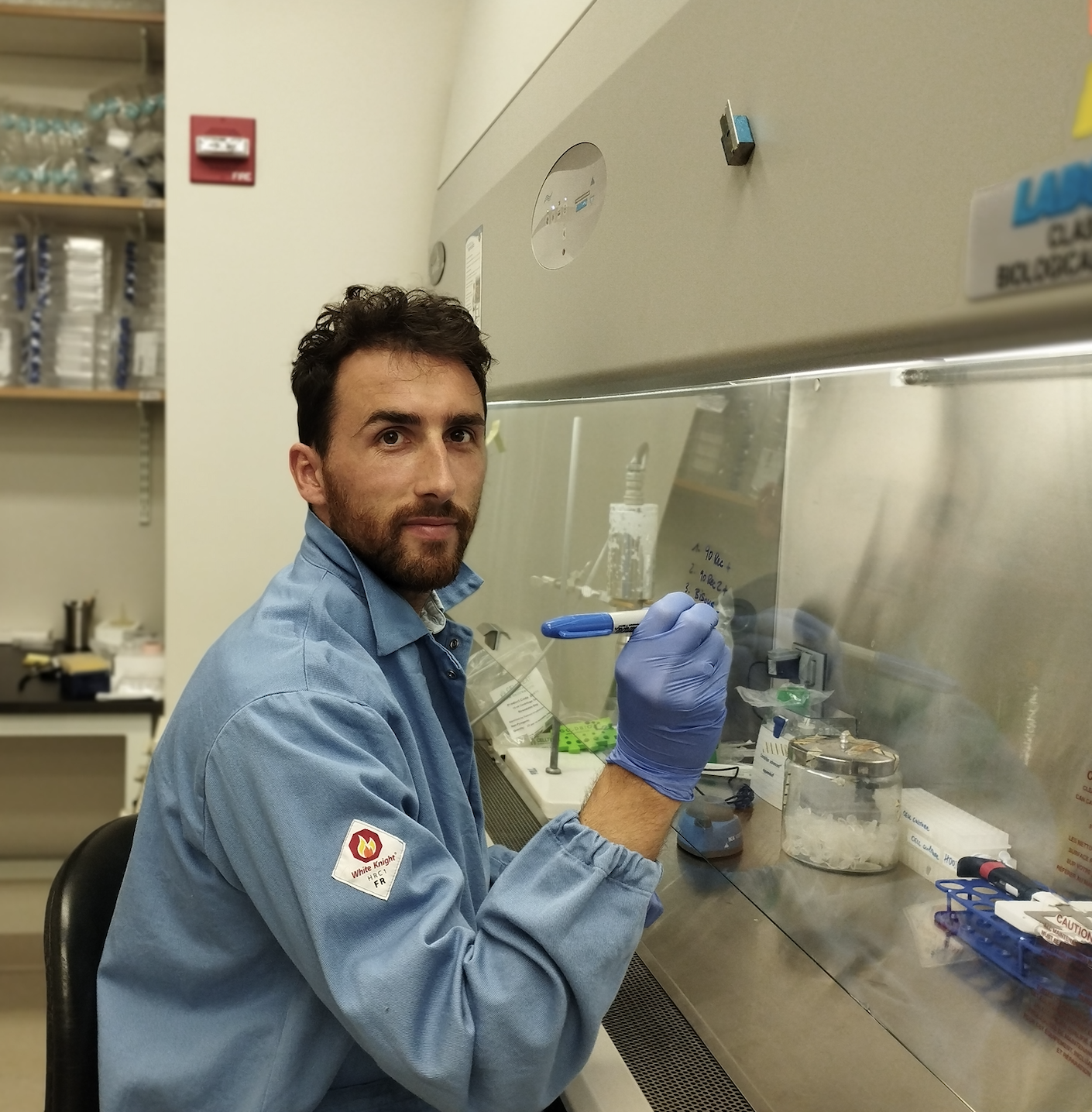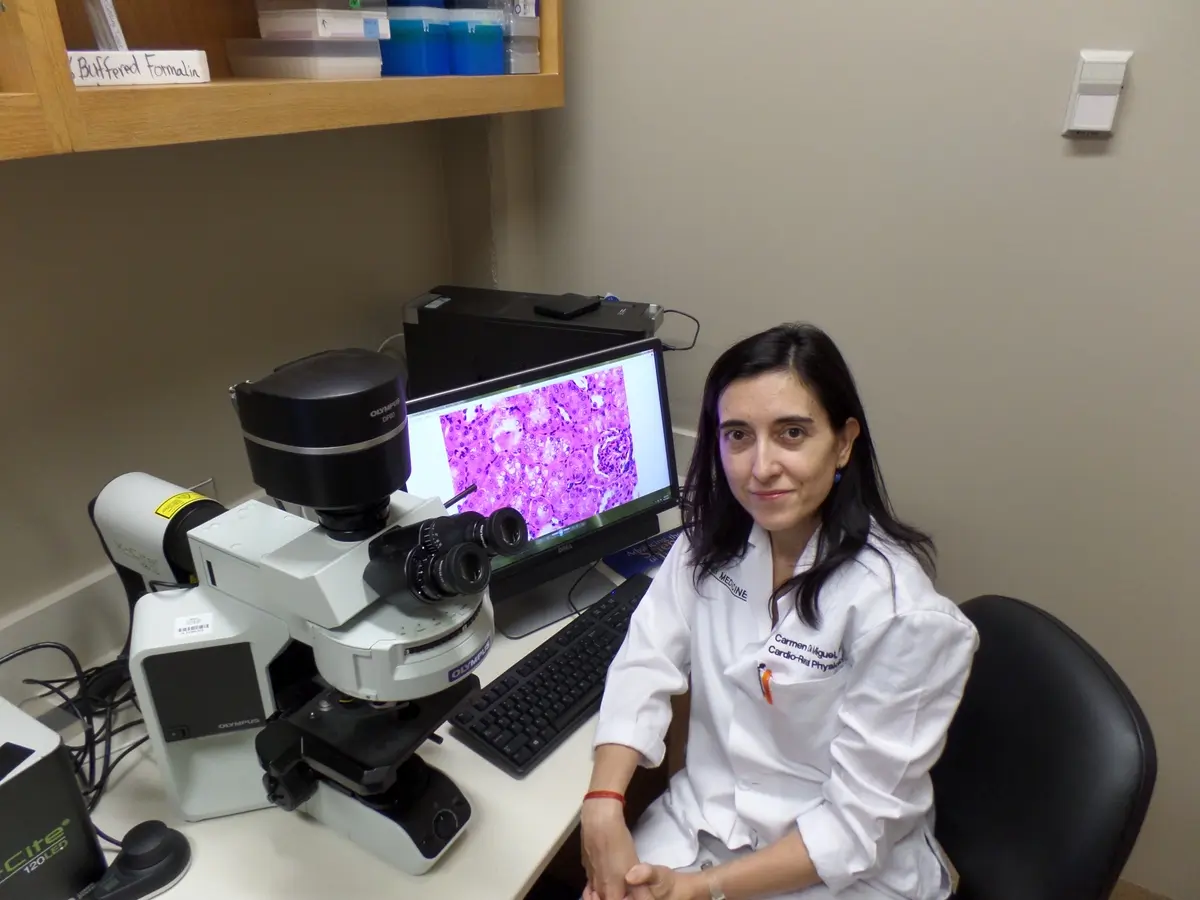Final Project Update
Click HERE to view the full project update.
6-Month Project Update
Objective: To identify novel autoantibodies/autoantigens through use of proteome-wide programmable phage display technology (PhIP-Seq) in immune checkpoint inhibitor induced diabetes mellitus (CPI-DM) and Type 1 Diabetes Mellitus (T1DM) populations.
This project is composed of three stages:
1) Completion of the PhIP-Seq experiment
2) Analysis of the PhIP-Seq data
3) Validation of any genes or peptides of interest.
At present, stage 1, the PhIP-Seq experiment, has been completed. Recall that PhIP-Seq utilizes a custom designed phage library containing over 700,000 unique phage, each displaying a 49 amino acid proteome segment that tile the full protein-coding human genome including all isoforms with 25 amino acid overlap. This allows for identification of putative autoantigens at both the gene and peptide level relative to chosen control groups.
Click HERE to view the full project update!
Project Description
Immune checkpoint inhibitors are a new form of cancer treatment that enhances the body’s own immune response to fight cancer cells, drastically improving outcomes for a growing number of cancers. Because they strengthen the immune system, their side effects can result in new autoimmune diseases, unlike the typical side effects associated with other, less efficacious, types of chemotherapy, such as severe fatigue, hair loss and extreme nausea. One rare, but particularly egregious side effect is development of immune checkpoint inhibitor induced diabetes mellitus (CPI-DM), which is very similar to type 1 diabetes mellitus (T1DM).
Current research is exploring the novel CPI-DM to try to understand how closely related it is to T1DM. CPI-DM and T1DM appear to share a genetic background, but the abrupt clinical course and the lack of autoimmune markers (pancreatic autoantibodies) in half of the subjects with CPI-DM suggest that they may not be the exact same disease. Nevertheless, studying CPI-DM gives us a unique opportunity to understand one of the triggers of T1DM
We plan to use a novel technology to better understand what is triggering the autoimmunity that leads to T1DM. We hypothesize that novel autoantibodies will be identified in CPI-DM patients that also appear in T1DM, especially in the special form of auto-antibody negative T1DM.
This research iscritical to advances in both T1DM and cancer research. There is the potential to identify novel autoantibodies present in CPI-DM and/or T1DM, which would further explain pancreatic autoimmunity. These findings could lead to the prevention and/or cure of CPI-DM and T1DM through targeted treatments. Understanding the mechanism of this form of autoimmunity should allow the creation and/or modification of treatments to target cancers without developing T1DM.
This project is feasible to complete within the next year, as we have already created a robust biobank of patients with CPI-DM, T1DM, and appropriate control groups. Furthermore, I have been working with this team for other projects over the last few years and we have been able to identify novel autoantibodies in another disease already.


